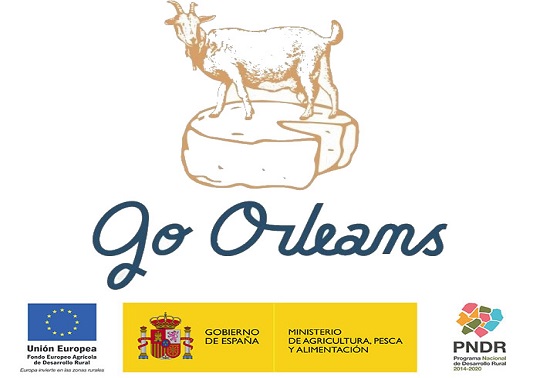
Recently, Professors Giuseppe Meca De Caro and Jordi Mañes Vinuesa from the Department of Preventive Medicine have been awarded a new research project entitled “Go Orleans”. This project is part of the European grants call for the implementation of projects of general interest by operational groups in the framework of resource-efficient management with innovative character.
Drafted under the National Rural Development Programme 2014-2020, funded by the Spanish Ministry of Agriculture, Fisheries and Food (MAPA) and the European Agricultural Fund for Rural Development (EAFRD), GO-ORLEAnS is aligned with the product No. 4 (Milk and dairy products; birds’ eggs, natural honey) of Annex I of the TFEU (Annex to the Treaty on the Functioning of the European Union) with the objective of revaluing whey by contribuiting to the promotion of circular economy.
GO-ORLEAnS focuses on solving the existing difficulties with the main waste produced by the cheese industry by recirculating it back into the sector. Through the valuation of waste from goat and sheep cheese production, innovative applications will be developed in the creation of formulations for the production of healthier cheeses with natural bioactive ingredients, new active whey-based containers capable of extending the shelf life of the product, and finally new probiotic ingredients for animal feed.
Therefore, the food industry will benefit from the innovative products resulting from GO-ORLEAnS, contributing to making a waste profitable and improving the economic performance of the dairy industry.
The orientation of the project towards the AEI-AGRI objectives is described below:
- Contributing to a stable and sustainable food supply
- Promoting a resource-efficient, economically viable, productive and competitive agriculture and forestry sector
- Improving processes aimed at environmental protection
- Reducing CO2 production through waste reduction
- Bridging the gap between the supply of scientific research and the needs of the agricultural, food and forestry sectors
- Creating added value through a closer connection between research and farming practices
- Promoting a faster and more established practical implementation of innovative solutions






